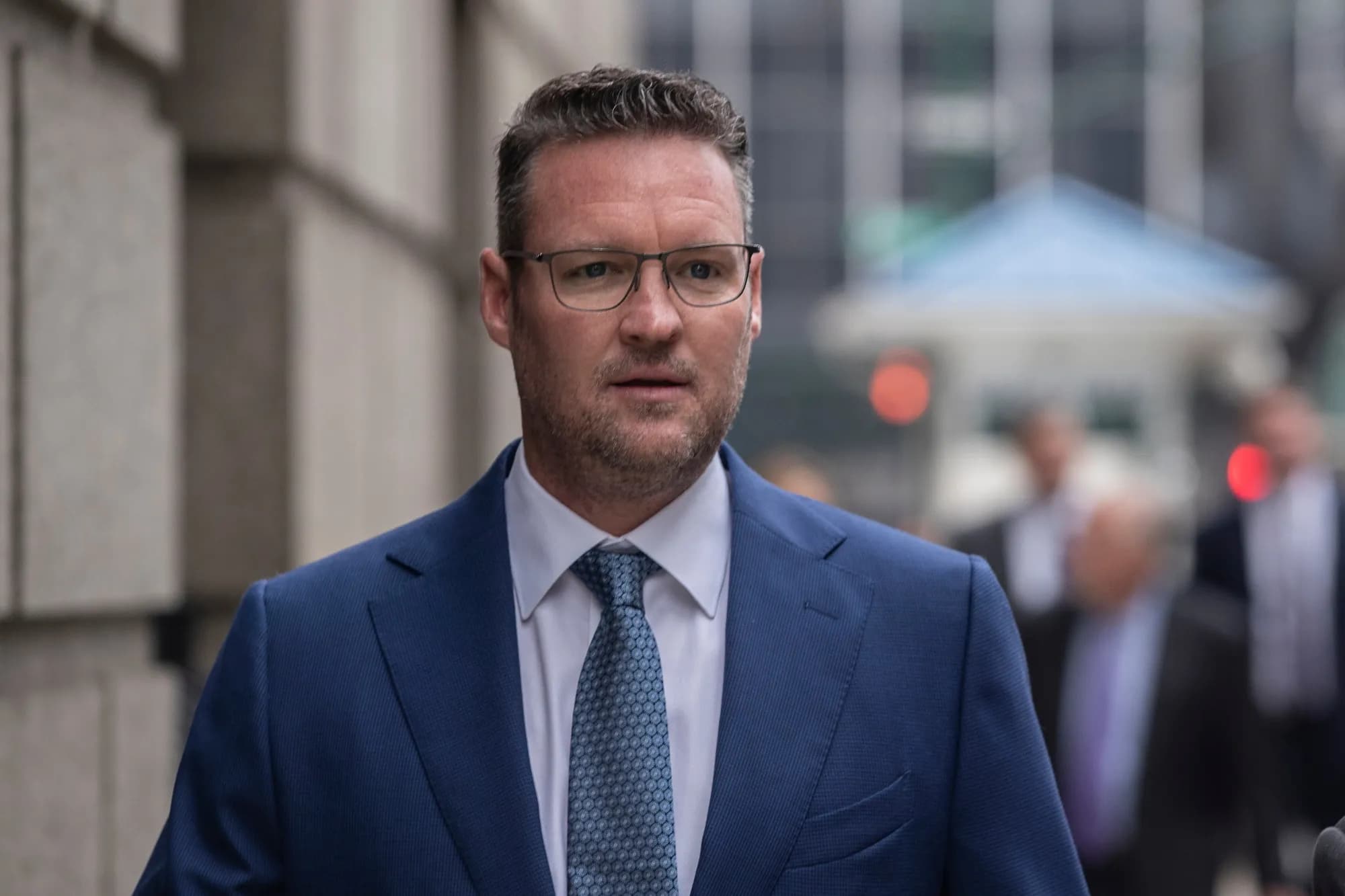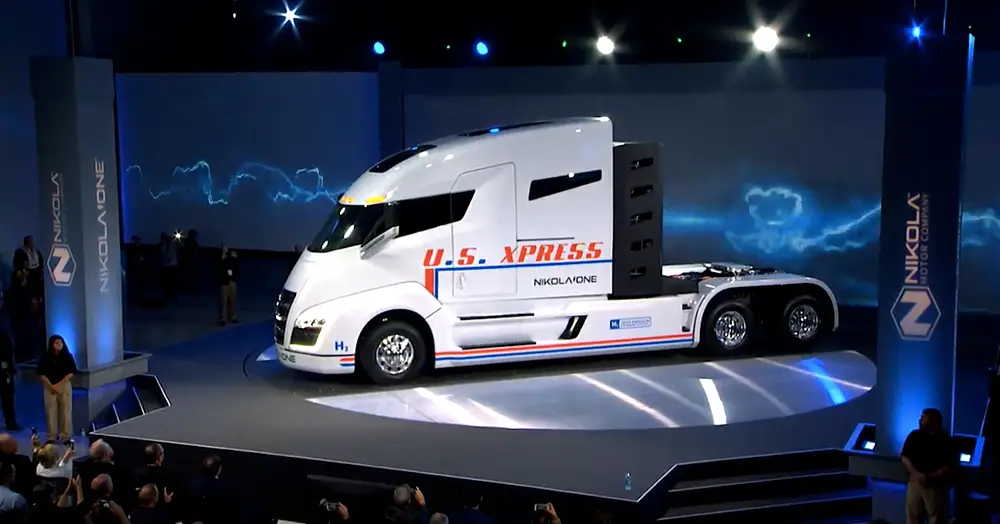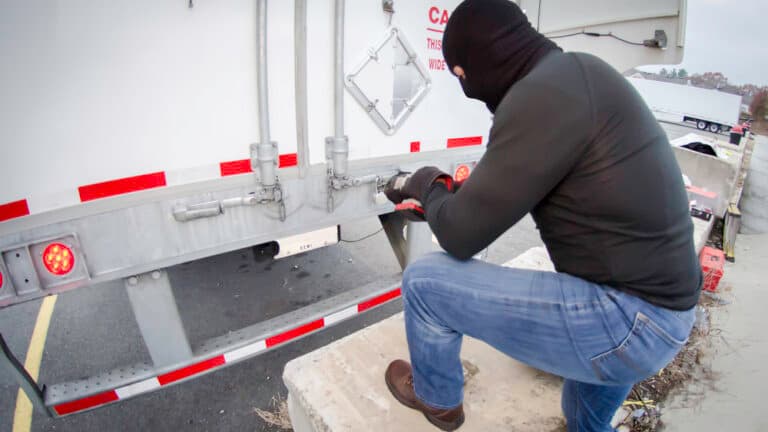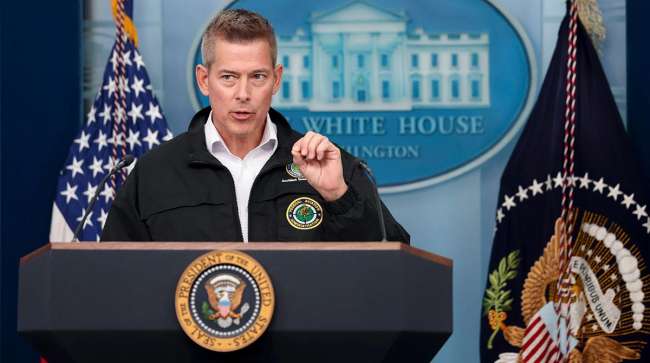Trevor Milton: Visionary Entrepreneur or a Scammer?
Festus murimi
Founder at SurgeTech
In 2015, Trevor Milton founded Nikola Motor Company in Salt Lake City. The company aimed to revolutionise the commercial trucking industry by developing hydrogen-electric and battery-powered semi-trucks.

Trevor Milton, the founder of Nikola.
In 2015, Trevor Milton founded Nikola Motor Company in Salt Lake City. The company aimed to revolutionise the commercial trucking industry by developing hydrogen-electric and battery-powered semi-trucks. With an initial investment of $2 million from Worthington Industries, the company was on its way to rival Tesla.
Nikola introduced several prototype models, including one dubbed "Nikola One", a hydrogen-electric semi-truck designed for long-haul transport. They eventually expanded the lineup to include other models: Nikola Tow and Nikola Tre.

In 2020, after a lot of hype and media publicity from its founder, the company went public through a reverse merger with VectoIQ, a special purpose acquisition company, achieving a whopping $12 billion valuation, propelling Trevor to billionaire status. At its peak, the stock was worth $30 billion, briefly surpassing Ford.
But all was not as rosy as it seemed on the surface. Hindenburg Research, a short-selling firm, released an article titled "Nikola: How to Parlay An Ocean of Lies Into a Partnership With the Largest Auto OEM in America," elaborating on the web of lies Trevor had built his company on.
In September 2020, the Securities and Exchange Commission and Department of Justice launched an investigation into securities fraud. In July 2021, a United States federal grand jury indicted Trevor, though they did not indict the company.
The founder was charged with three counts of criminal fraud for lying about "nearly all aspects of its business," duping retail investors about its underlying fundamentals.
In October 2022, he was found guilty in federal court of three of four counts of fraud against him over statements he made while CEO of the company, and was sentenced to four years in prison.
In 2025, the company officially filed for bankruptcy protection, stating that "it would seek to sell off its assets and inventory."
So what went wrong?
Well, the fall of Nikola was a textbook example of too much hype outpacing substance. Founders are under immense pressure to show massive progress in their ventures.
The company just didn't have the technology to back its claims. Elon Musk had repeatedly mocked Nikola's hydrogen approach, calling it "mind-bogglingly stupid," and subsequent events proved him correct. Nikola failed to produce even a single functioning product despite such high valuation and investor hype, since its technology simply didn't work, as Trevor hoped it would.
The Nikola saga underscores the danger of "fake it till you make it" when applied beyond reasonable startup optimism. Unlike software, hardware-heavy industries like trucking and energy demand years of R&D, engineering precision, and massive capital.
In March 2025, after donating $1.8 million to the Trump campaign, the White House announced that he had been pardoned by the President.
"I am incredibly grateful to President Trump for his courage in standing up for what is right and for granting me this sacred pardon of innocence," Milton said.
In the end, Trevor Milton's downfall wasn't just about a failed company; it was about how misrepresentation eroded an entire industry's credibility, setting back the push for clean transport.
About the Author
Festus murimi
Founder at SurgeTech
Founder of SurgeTech with a passion for technology and innovation, creating intelligent solutions to optimize operations and transform industries.
Related Articles
 Cargo Theft
Cargo TheftHow thieves made away with $1M worth of craft whiskey from a truck
On July 31, a freight truck showed up at Westland Distillery's warehouse in Burlington, Washington, holding the necessary paperwork that purportedly gave the driver the right to pick up a shipment of Westland single malt,.
 Trucking
TruckingAmerica’s DOT tightens rules for noncitizen truck drivers
The U.S. Department of Transportation has implemented new restrictions requiring foreign truck drivers to provide unexpired passports and specific work-authorized visas, with licenses now limited to one year or the expiration date of work authorization.